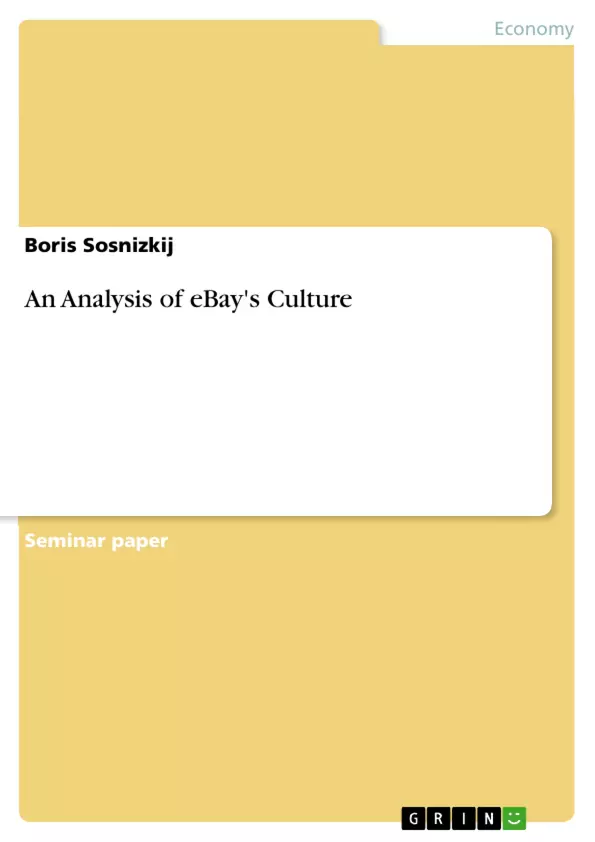Many articles and books have been written in recent years about culture in organizations, usually referred to as "Corporate Culture." The dictionary defines culture as "the act of developing intellectual and moral faculties, especially through education." This writing will use a slightly different definition of culture: "the moral, social, and behavioral norms of an organization based on the beliefs, attitudes, and priorities of its members." The terms "advanced culture" or "primitive culture" could apply to the first definition, but not the latter. Every organization has its own unique culture or value set. The culture of the organization is typically created unconsciously, based on the values of the top management or the founders of an organization.
Table of Contents
- Introduction
- Theoretical Background of Culture
- An Approach to Organizational Culture
- Attributes of Culture: Internal Integration
- Attributes of Culture: External Integration
- Influence of Culture on Employees
- Influence of Culture on Organizations
- The Culture of the eBay Company and its Community
- The Influence of the founder
- The Rise of the Company and its Culture
- Finding the Right CEO
- The Culture and Community
- The Concordance of Fundamentals
- Conclusion
Objectives and Key Themes
This paper aims to analyze the concept of organizational culture through the lens of eBay, a prominent internet company. It will explore Schein's definition of culture as a pattern of basic assumptions and examine how this concept manifests in eBay's unique environment.
- Defining and understanding organizational culture
- Examining the impact of culture on employees and organizations
- Analyzing the culture of eBay and its online community
- Exploring the influence of company founders and leadership on culture
- Investigating the role of culture in the success and growth of organizations
Chapter Summaries
- Introduction: This chapter introduces the concept of organizational culture and its importance in the success of organizations. It defines culture as the moral, social, and behavioral norms of an organization, shaped by the beliefs, attitudes, and priorities of its members.
- Theoretical Background of Culture: This chapter delves into the theoretical framework of organizational culture, drawing on various definitions and approaches. It explores the concept of shared values, norms, and beliefs as key components of organizational culture. It also examines the influence of culture on employee behavior and organizational performance.
- The Culture of the eBay Company and its Community: This chapter focuses on the unique culture of eBay, analyzing its origins and evolution. It explores the influence of the company founder, the company's growth, and the role of leadership in shaping its culture. It also investigates the role of the eBay community and how it contributes to the company's overall culture.
Keywords
This paper explores the concepts of organizational culture, company culture, eBay, online community, leadership, values, beliefs, norms, internal integration, external adaptation, and company success.
- Quote paper
- Boris Sosnizkij (Author), 2003, An Analysis of eBay's Culture, Munich, GRIN Verlag, https://www.grin.com/document/10791



